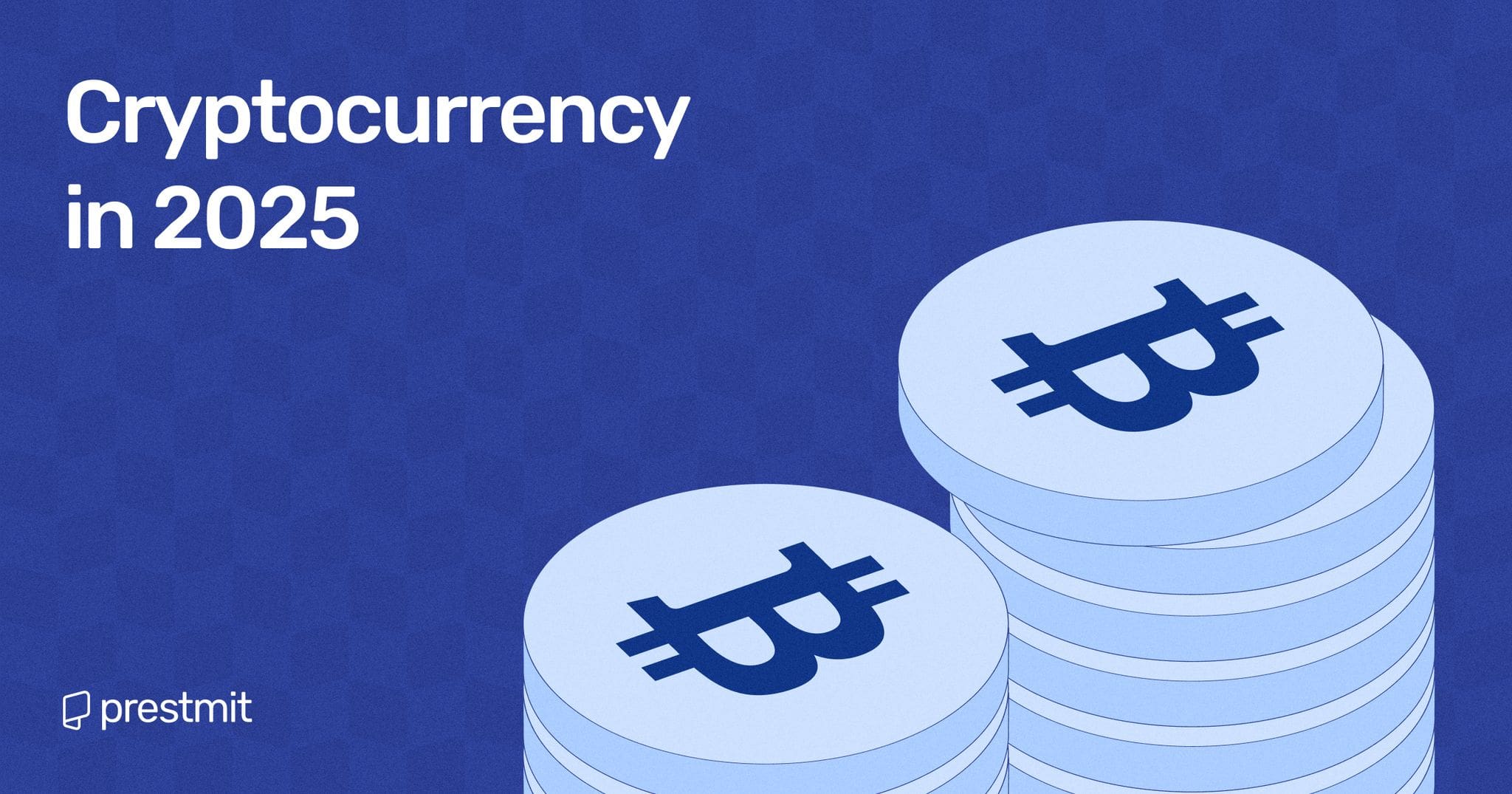A New Battlefront in the Crypto War: Will Governments Tax or Ban Bitcoin?
Bitcoin has once again taken center stage in the financial world, surging toward its previous all-time high of just over $70,000 per coin. Amid burgeoning concerns that the U.S. could face a financial crisis due to its staggering $35.7 trillion debt, the cryptocurrency has gained fresh momentum.
 Bitcoin has become a focal point in the financial debate as governments explore measures to control it.
Bitcoin has become a focal point in the financial debate as governments explore measures to control it.
Recent stimulus measures and the lingering effects of the COVID pandemic have contributed significantly to the national debt, sending inflation soaring. As a result, the Federal Reserve and the European Central Bank (ECB) have expressed serious concerns about the role of Bitcoin. JPMorgan has also weighed in, projecting significant price predictions as the cryptocurrency seems poised to benefit from the larger financial turmoil.
Government Strategies: Tax or Ban?
In a bold declaration, the Federal Reserve Bank of Minneapolis has released a paper suggesting that governments might need to consider taxing or even banning Bitcoin to mitigate their financial deficits. The paper states, “A legal prohibition against bitcoin can restore unique implementation of permanent primary deficits, and so can a tax on bitcoin.” This statement highlights a growing trend among financial authorities that see Bitcoin as a potential threat to fiscal stability.
Similarly, the ECB has introduced arguments suggesting that Bitcoin’s existence leads to economic disparity. They characterized it as a “zero-sum game,” indicating that while some gain, others lose. As ECB senior management adviser Jürgen Schaaf remarked, “Non-holders should recognize that bitcoin’s rise is fueled by wealth redistribution at their expense.” These remarks underline the ongoing apprehension surrounding Bitcoin as both institutions try to figure out how best to respond to its growing influence.
 Analysts are continuously monitoring the relationship between Bitcoin and the economic landscape.
Analysts are continuously monitoring the relationship between Bitcoin and the economic landscape.
The Broader Economic Picture
As the Federal Reserve and ECB grapple with their strategies, Bitcoin has responded positively to the potential crisis. Both the cryptocurrency and gold have seen a price uptick, bolstered by investors looking for safe havens amidst fears that rampant inflation could drive further monetary printing. Analysts have warned that the U.S. debt could reach an alarming $36 trillion by 2024, leading many to speculate on Bitcoin’s resilience in the face of traditional finance obstacles.
Adding further complexity, Italy is considering raising its capital gains tax on Bitcoin from 26% to a staggering 42%. This move, coupled with Denmark’s proposed tax on unrealized crypto gains, serves as yet another reminder of the regulatory challenges that digital currency faces globally as governments try to harness the burgeoning market.
Looking Ahead
As Bitcoin continues its ascent, the prospect of governmental intervention looms large. Not only are the Federal Reserve and ECB assessing how to curb Bitcoin’s growth, but they are also exploring ways to use its popularity as a means of economic gain through taxation. This battle paints a stark picture of how cryptocurrencies could reshape the financial landscape while inviting harsh scrutiny from traditional authorities.
The struggle between innovation and regulation will be pivotal in determining Bitcoin’s future role in both the economy and society at large. Will it emerge as a cornerstone of a new financial paradigm, or will it be subdued under the weight of regulatory pressures? Only time will tell.
In conclusion, as Bitcoin thrives against the backdrop of a struggling economy, the potential for government action raises critical questions about the cryptocurrency’s sustainability. Investors, policymakers, and everyday users must stay informed as these developments unfold, potentially reshaping not just Bitcoin’s future but the entire financial ecosystem.














